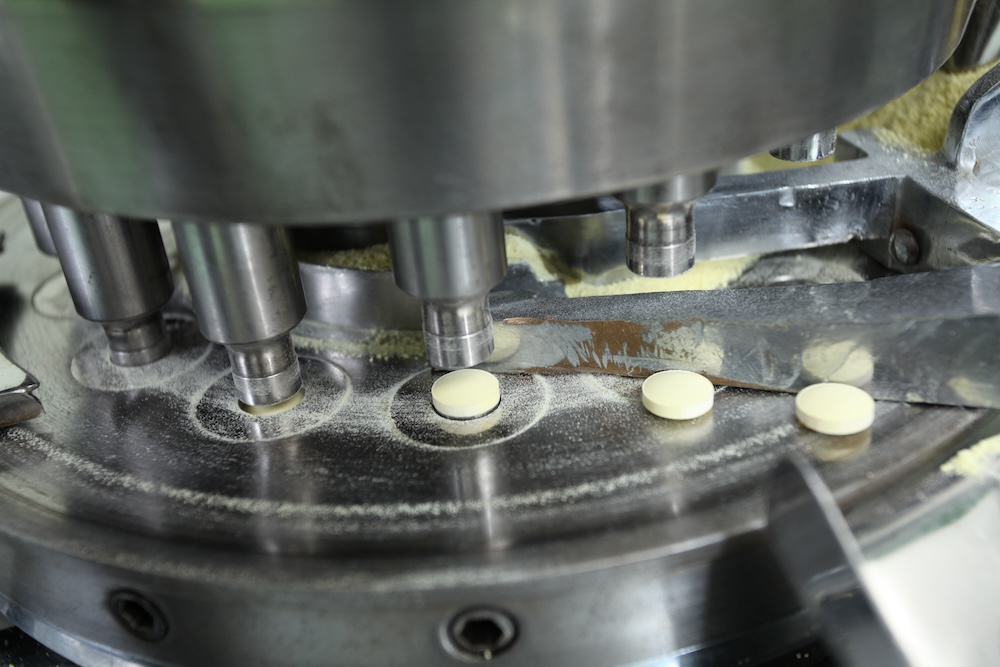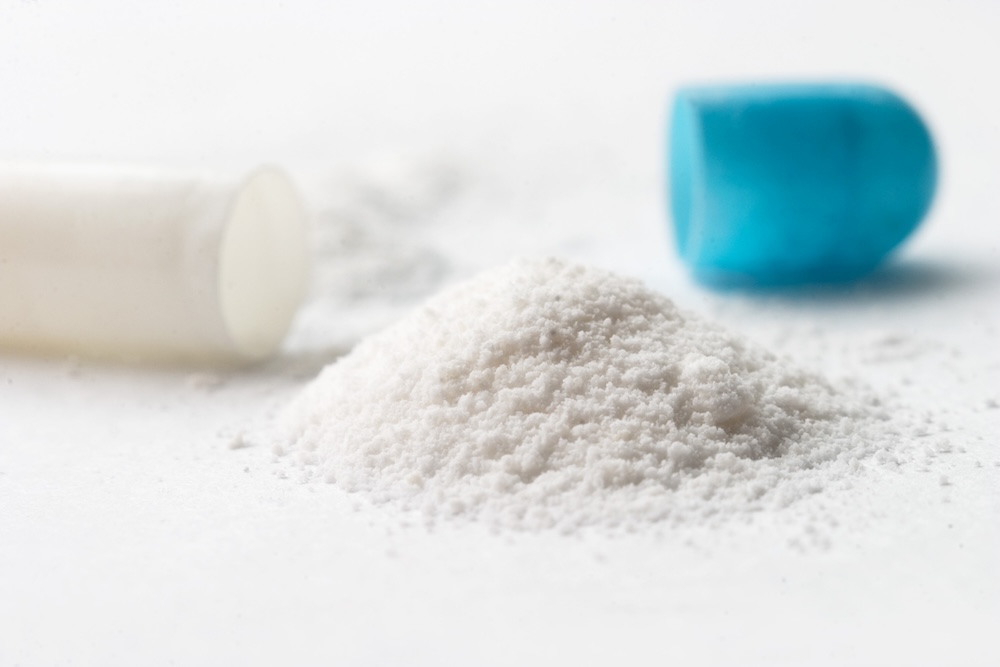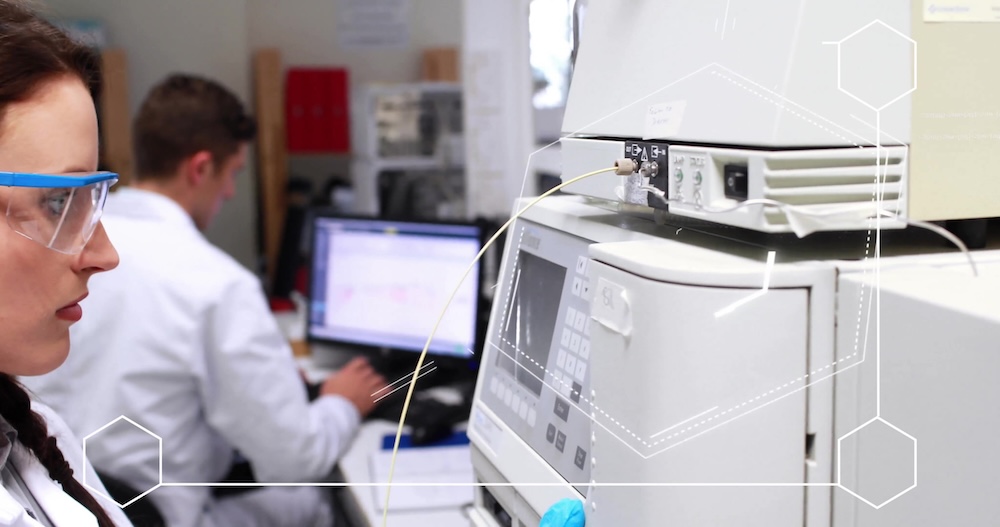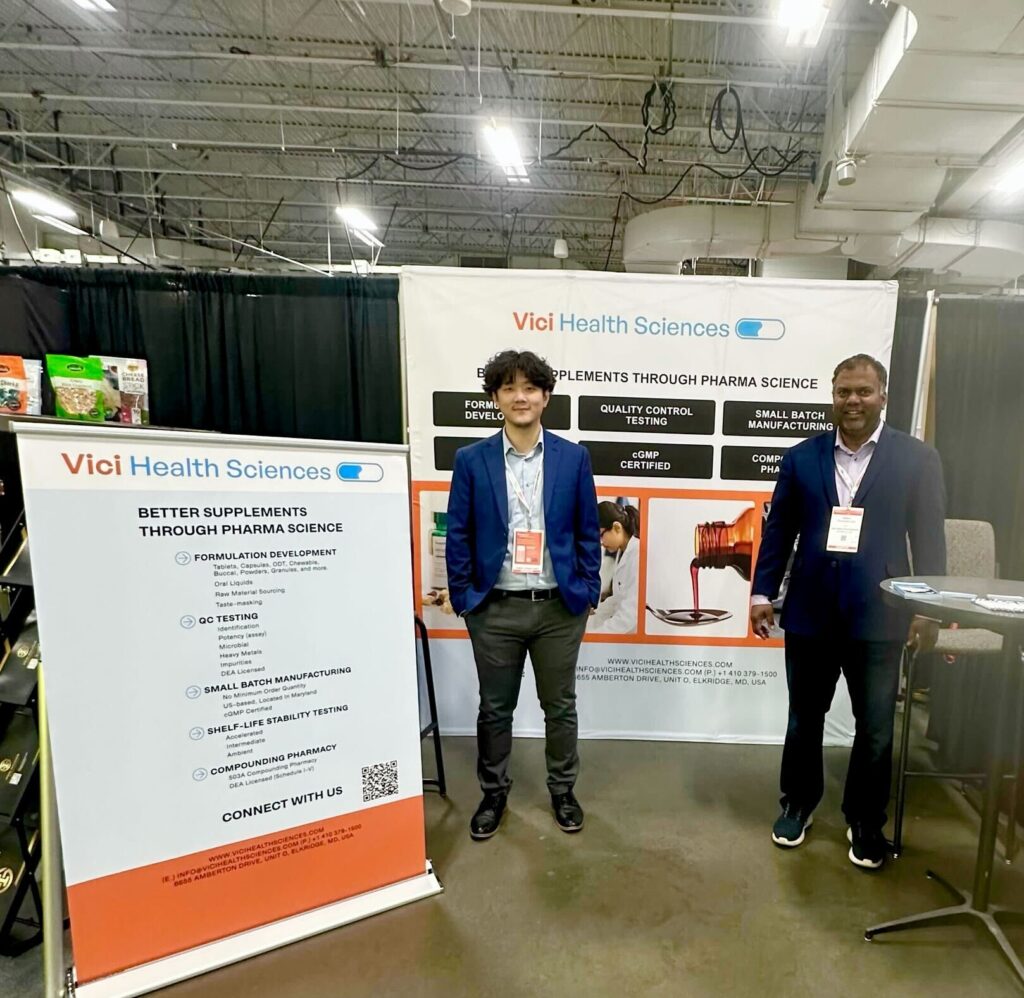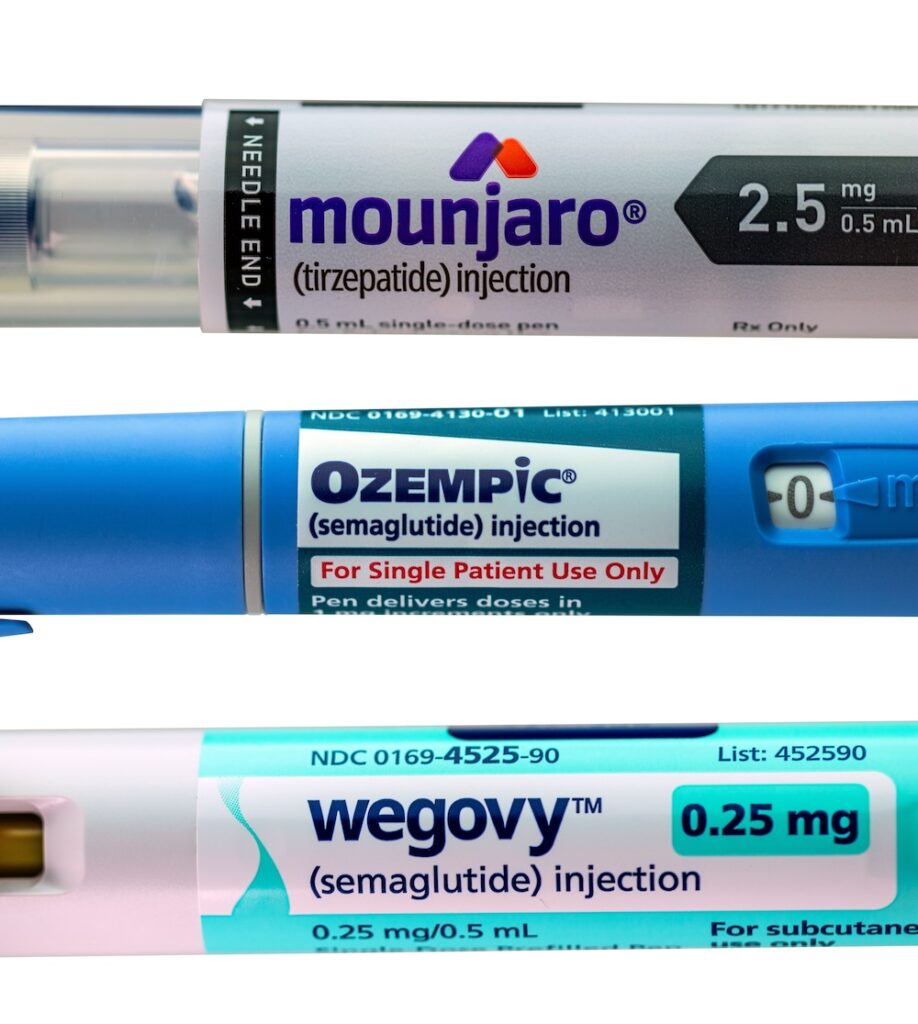Capsules offer distinct advantages that simplify development, shorten timelines, and improve patient experience. When speed, flexibility, and patient appeal matter, capsules deserve serious attention. Tablets may dominate the market, but they are not always the best fit, especially for pharmaceutical companies developing new products.
1. Simplified Manufacturing Process
Capsules eliminate several of the steps required in tablet production. There is no need for high-pressure compression, external coatings, or extensive post-processing. The simplicity of capsule formulation development can help small companies conserve time and resources.
There is also a reduced risk of damaging sensitive APIs, especially when working with heat- or moisture-sensitive compounds. Fewer steps mean fewer points of failure, and in early development, that can make all the difference.
2. Greater Formulation Flexibility
Capsules allow for much more than just dry powders. They can hold liquid-filled capsules, semi-solids, pellets, granules, or even a combination of forms. This versatility opens the door to formulations that tablets simply cannot support.
For example:
- Powder in a capsule for early-stage formulation development is common because it avoids the need for granulation and compression altogether.
- Two incompatible drugs can be kept separate in multiparticulate capsules.
- Self-emulsifying drug delivery systems (SEDDS) are easily incorporated into capsule shells.
This level of adaptability contrasts with the drawbacks of tablet formulations, which often lack the flexibility to support such versatile approaches.
3. Faster Development Timelines
Because capsule filling does not require the complex optimization steps seen with tableting, products can move forward more quickly. This is especially helpful during Phase I and II trials, when speed is critical and the focus is on evaluating safety and PK profiles rather than final dosage form.
The capsule filling vs tablet compression discussion often comes down to timeline and speed to market. Capsules allow clinical materials to be produced and released in a fraction of the time.
4. Better Bioavailability for Certain APIs
Capsules can enhance the performance of poorly soluble drugs. Using lipids, surfactants, or SEDDS, developers can improve absorption and reduce variability in drug exposure. That is harder to do with standard tablets.
Enteric capsules are also an option for drugs that need protection from stomach acid or need to reach the intestine intact. Unlike many tablets, these can be filled without additional coating steps.
5. Improved Patient Experience
One of the most overlooked benefits is patient preference. Capsules tend to be easier to swallow and can mask unpleasant tastes more effectively. The taste-masking advantage alone can increase adherence, especially in pediatric or geriatric populations. To help reduce swallowing difficulties, the FDA recommends keeping capsule size at or below the standard 00 size.
Some capsule products are even labeled for sprinkle indication, allowing the contents to be mixed with food or liquid for easier administration—something tablets rarely allow. While patient preferences vary, these features make capsules a strong choice for improving medication adherence.
6. Customization and Branding Benefits
Capsules can be easily customized with printing, color bands, and size adjustments, offering greater branding and aesthetic appeal. These features can help distinguish a product in a competitive market and signal quality to both patients and healthcare providers.
For small pharma companies entering crowded therapeutic spaces, these subtle differences can create a lasting impact.
7. Better Protection and Stability for APIs
Capsule shells (especially plant based capsule shells or gelatin types) provide natural barriers against moisture, light, and oxygen. This improves the stability of certain drugs without the need for over-engineering the formulation.
Encapsulation also reduces dust and powder exposure during manufacturing, which is particularly important when handling potent or hazardous materials.
8. Broader Market Appeal
Capsules are often preferred in the supplement space, and for good reason. Curious why capsules are more common than tablets for dietary supplements? Statistics on tablets vs capsules show that capsules are more widely used, likely because they are seen as more “natural,” cleaner-label, and easier to take, all of which appeal to health-conscious consumers.
According to the Consumer Healthcare Products Association (CHPA), dietary supplements follow a different regulatory framework than drugs. This gives manufacturers more flexibility and is one reason capsules dominate this space.
Plant based capsule shells, such as HPMC, further expand access to vegetarian, vegan, kosher, or halal markets, giving small pharma a way to align their product with consumer values.
Recognize the Strategic Value of Capsules With Vici Health Sciences
Capsules are a strategic dosage form that can help small pharma companies move faster, formulate smarter, and better serve patients. From sprinkle indications and taste-masking to faster development timelines and better customization, capsules offer advantages that tablets simply cannot.
At Vici Health Sciences, we specialize in capsule formulation and support small pharmaceutical teams throughout every stage of the process. Whether you are exploring powder in a capsule for early-stage formulation development or advancing toward a commercial launch, we can help you make smart, efficient decisions.
Ready to explore if capsules are the right fit for your program? Contact us today and let us help you bring your product to life faster and more effectively.



